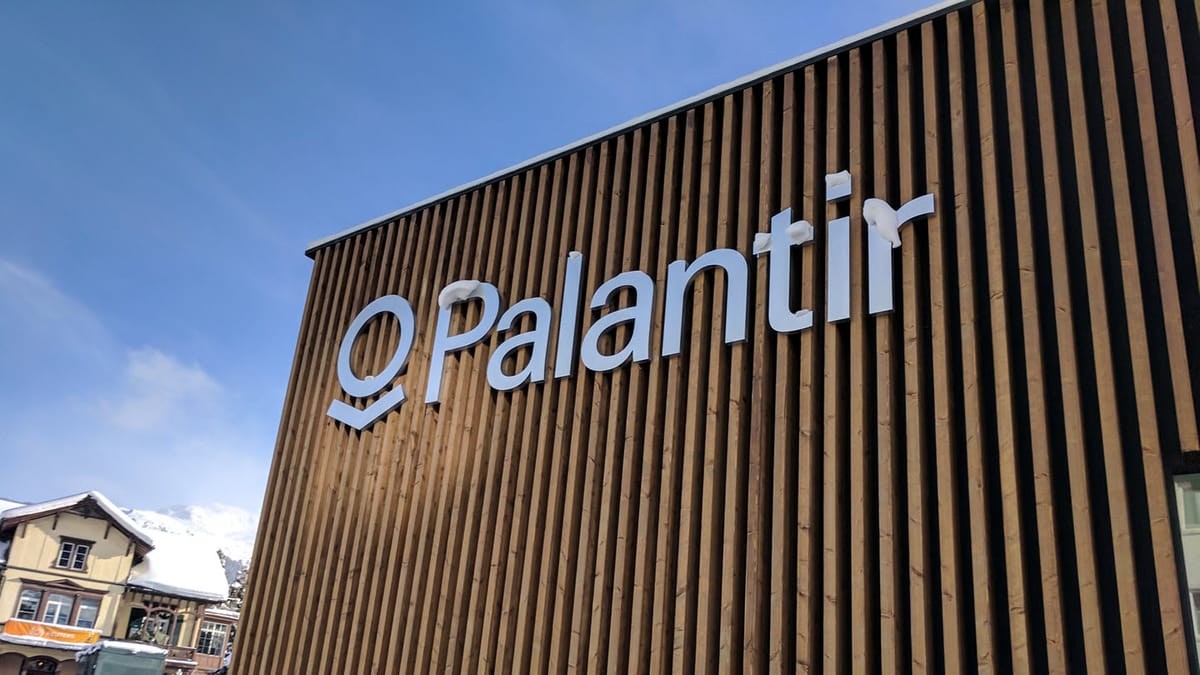Unlock the Editor’s Digest for free
Roula Khalaf, Editor of the FT, selects her favourite stories in this weekly newsletter.
Volkswagen has faced calls to withdraw from Xinjiang from dozens of international lawmakers following a Financial Times investigation into an audit of its factory in the Chinese region.
The FT on Thursday reported that the audit, which VW last December claimed cleared it of allegations of forced labour in Xinjiang, had in fact failed to meet international standards.
“We call upon Volkswagen to withdraw from Xinjiang in recognition of the impossibility of meaningful human rights due diligence in the region — a fact long acknowledged by experts,” said a statement on Friday by the cross border Inter-Parliamentary Alliance on China (Ipac).
The statement was signed by 50 parliamentarians, including Michael Brand, parliamentary spokesperson on human rights for Germany’s centre-right Christian Democratic Union, as well as politicians belonging to the Greens and the liberal Free Democrats, which sit in Chancellor Olaf Scholz’s government.
Further signatories are from other EU nations, Bolivia, Canada and Uganda. They also demanded that global index provider MSCI — which in response to VW’s statement in December removed a “red flag” rating that had barred ESG-focused investors from buying the company’s stock — “reimpose” the rating “until allegations surrounding the integrity of the audit” were independently investigated.
UK signatories include Sarah Champion, Labour MP and chair of the international development select committee, who said: “There needs to be an investigation not only into Volkswagen but into supply chains of most major products.”
Conservative MP Sir Iain Duncan Smith, Ipac’s co-chair, said he was planning to table a parliamentary question demanding that ministers examine the German company’s compliance with the UK’s Modern Slavery Act.
Human rights groups in Xinjiang have documented widespread abuse against the mainly Muslim Uyghur ethnic group, with reports that hundreds of thousands of people were detained in the region from 2017 to 2019. Beijing has denied allegations of human rights abuses.
Under the UK’s 2015 act, companies that supply British customers must annually disclose what action they have taken to ensure no modern slavery exists in the business or its supply chains.
After pressure from human rights groups and investors, VW in December said that it had carried out an audit of its plant in Xinjiang, which is run by a joint venture with state-owned SAIC.
It said that the audit, carried out by the Berlin-based firm Löning and an unnamed Chinese law firm, had applied the internationally renowned SA8000 standard and found “no indications of any use of forced labour”.
But a leaked document, which was also reviewed by Der Spiegel and ZDF, showed failures to comply with the standard.
In response to the FT report, VW published the previously withheld audit. It said that it had been the job of Löning, which carried out the inquiry, to “define the audit standard, select an audit firm [ . . . ] organise the audit, supervise its execution on site, evaluate the results and, if necessary, make recommendations for improvement”.
However the carmaker’s comments contradicted parts of the audit report.
While the audit stated that interviews with staff were carried out at the plant, with “a team of senior associates” at the Chinese law firm’s Shenzhen headquarters helping “analyse” interviews over live stream, VW said that “the auditors assured confidentiality, and no listening devices were found when the room was inspected”.
The plant in Xinjiang has become a headache for VW amid growing tensions between Beijing and several western governments, including the US. Earlier this year, thousands of Porsche, Bentley and Audi cars were held up in US ports after a discovery of a Chinese subcomponent in the vehicles that breached the country’s anti-forced labour laws.
VW executives have remained reluctant to close the plant, which no longer produces cars and only employs 197 people, as this would risk harming the company’s lucrative relationship with SAIC.
It could also hurt the company in China, where consumers in the past have boycotted brands that acknowledge controversies in Xinjiang that Beijing vehemently denies.
Chinese consumers boycotted brands including H&M and Nike three years ago after they pledged not to buy Xinjiang cotton — a scenario that VW, which has already been losing share in its most profitable market, has been careful to avoid.
VW declined to comment on the letter from the IPAC lawmakers. On a potential UK investigation, it said: “Should the UK government make a request for additional information, we will of course be happy to respond.”
The UK Department for Business and Trade did not immediately respond to a request for comment.












